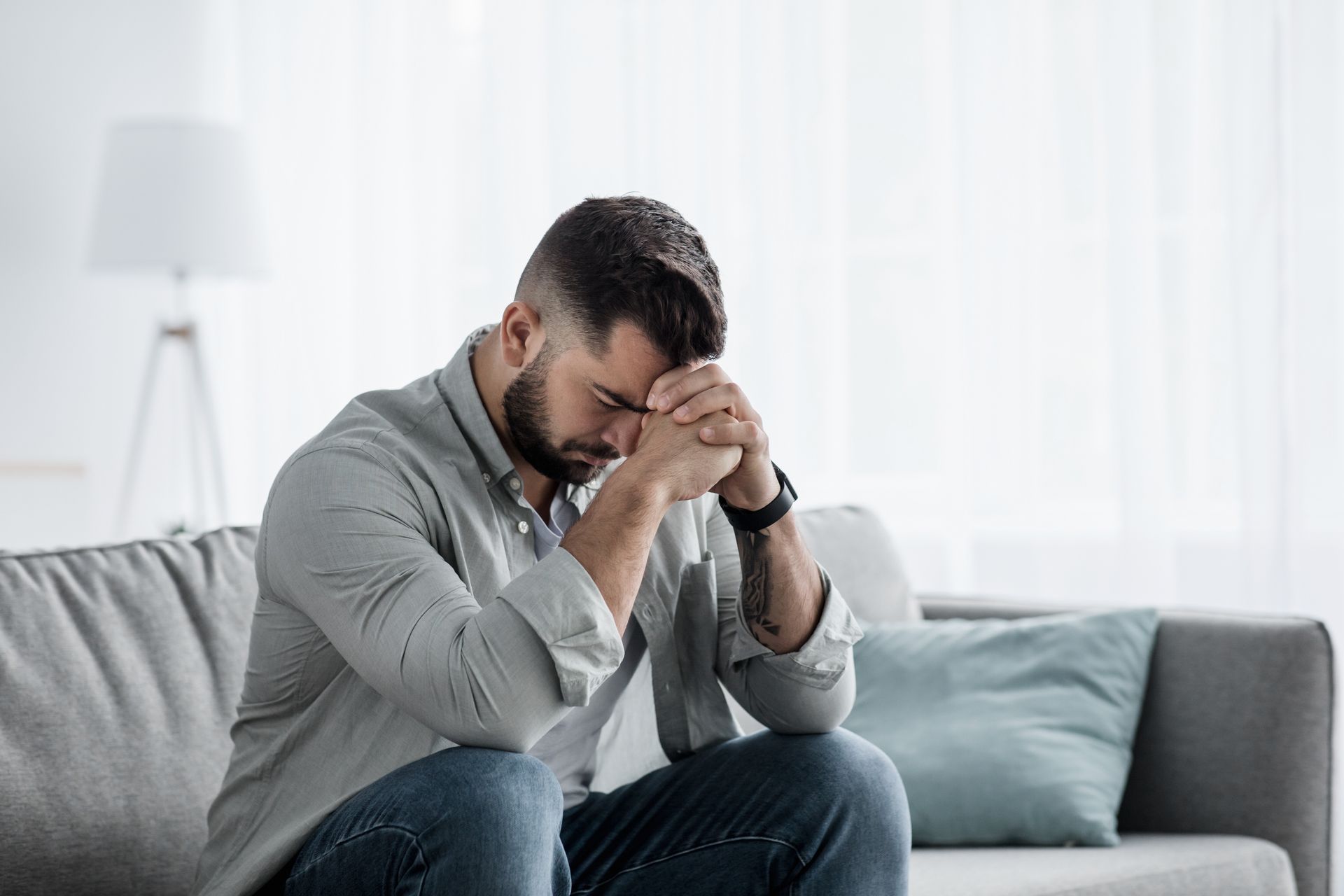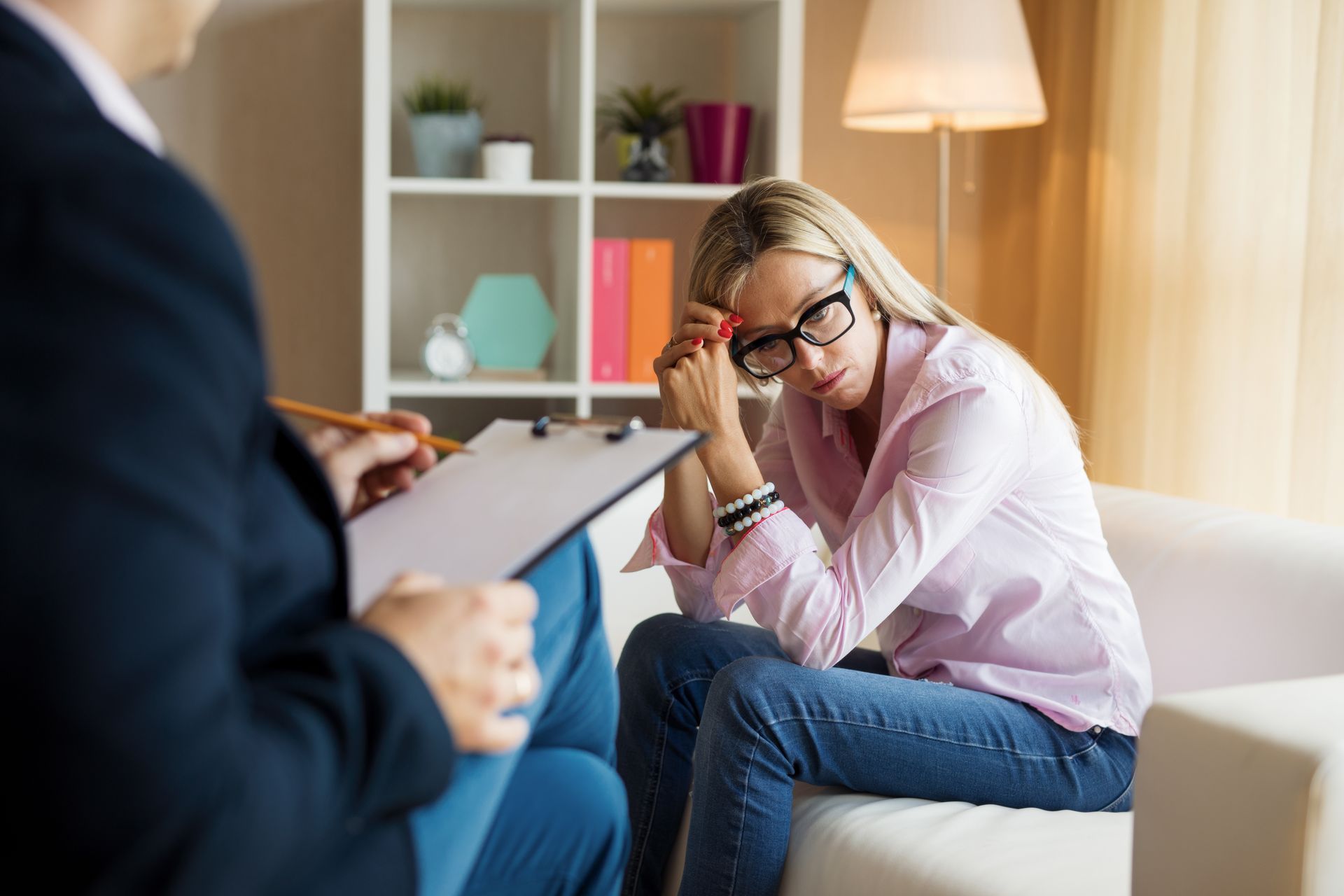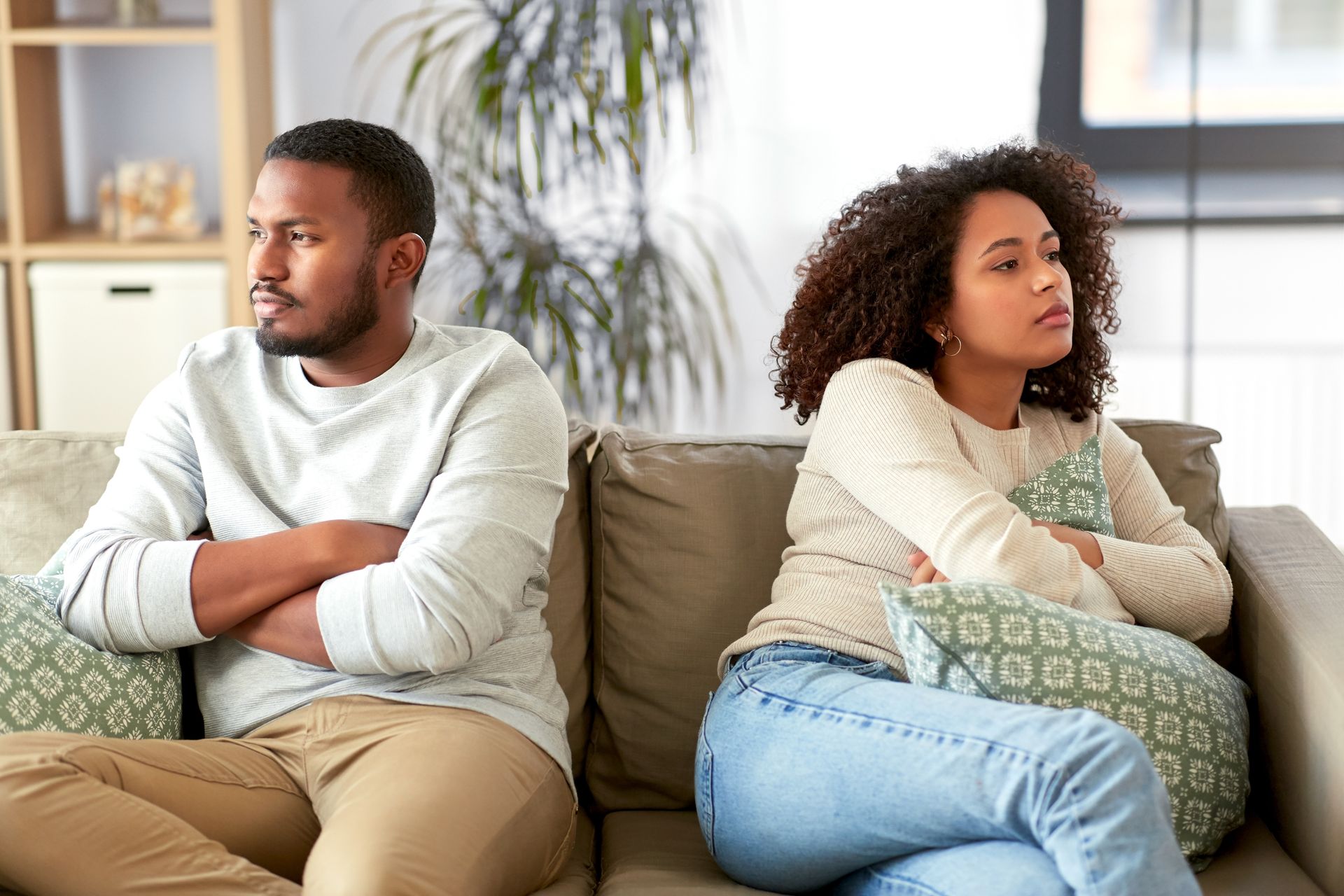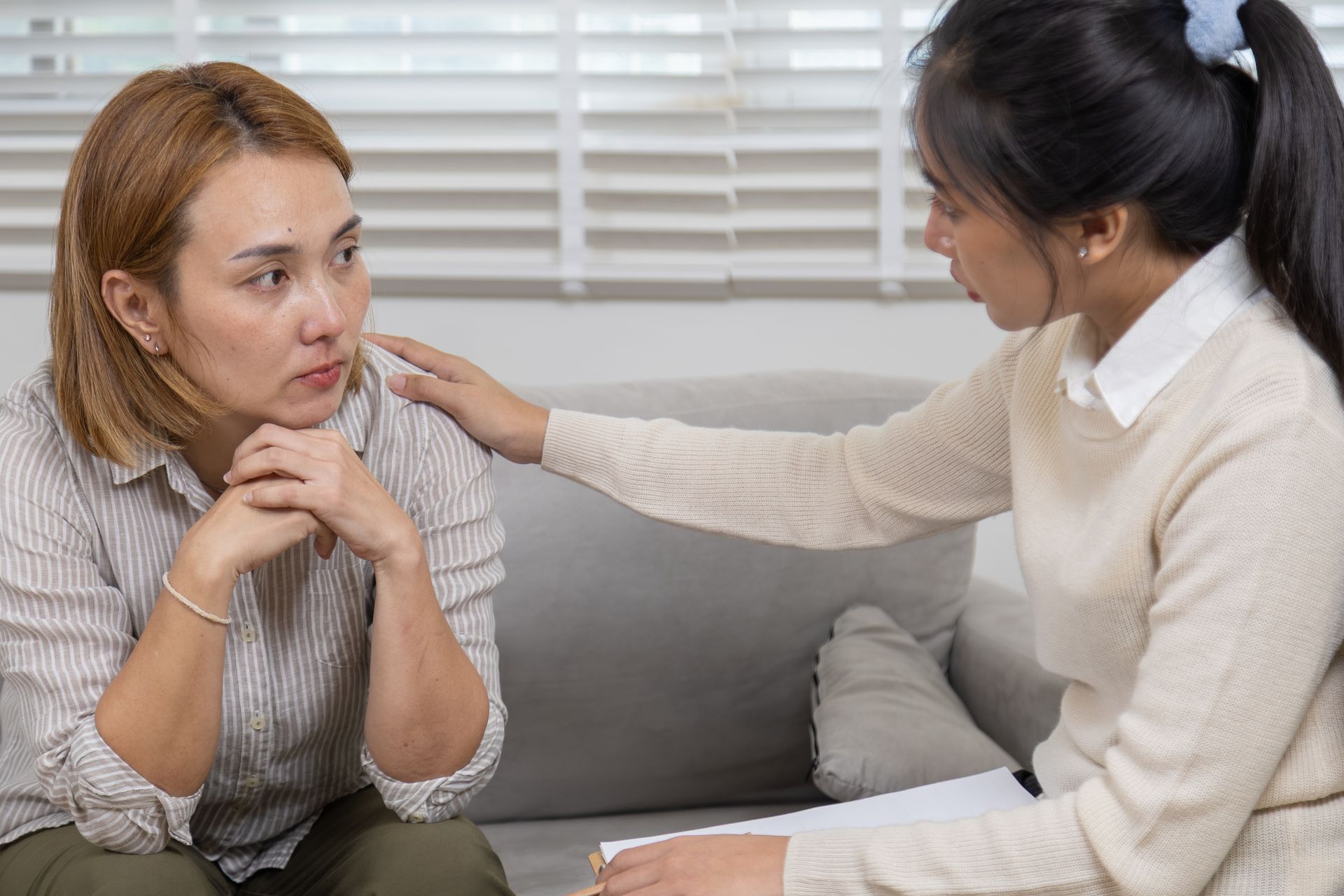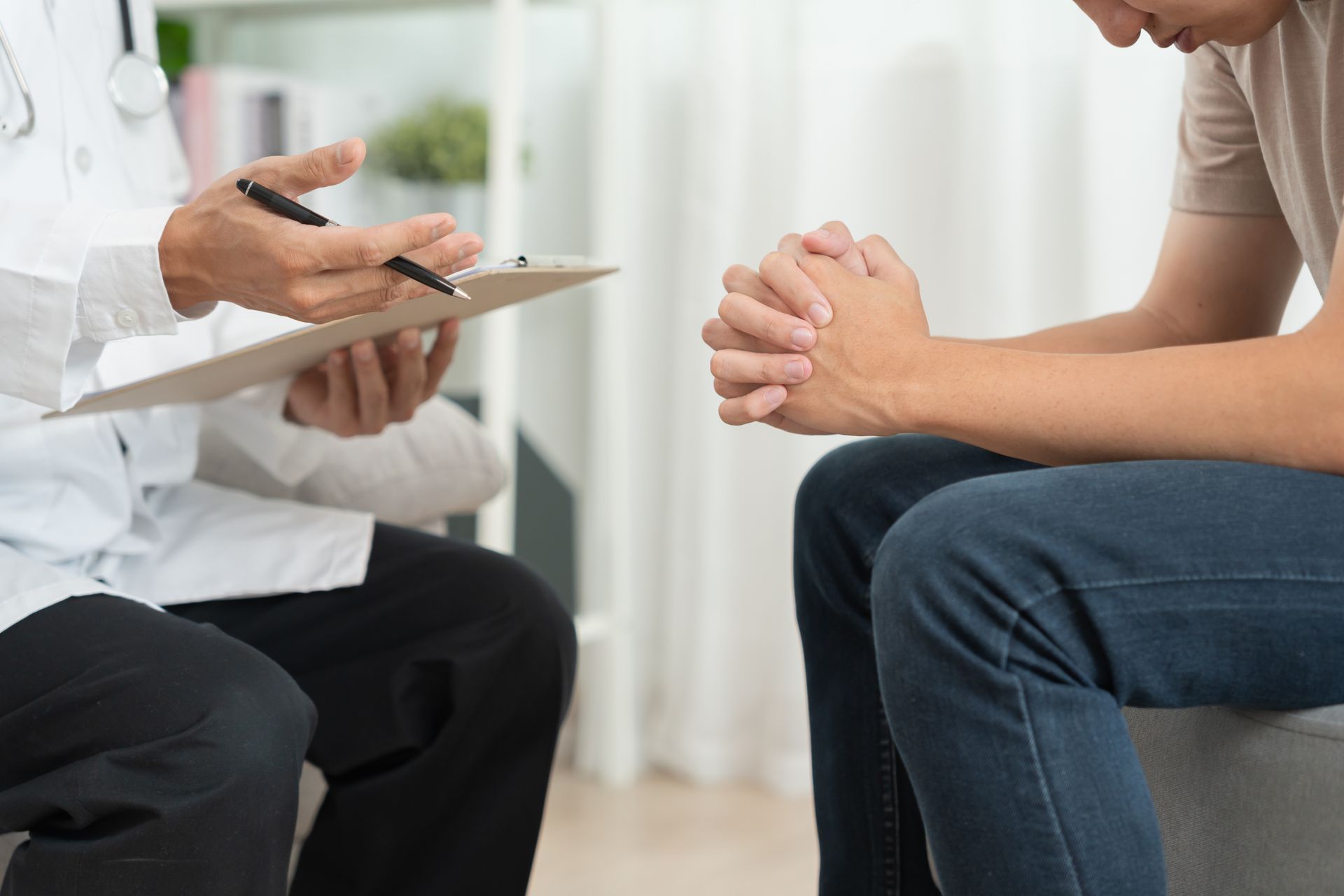What to Expect From Your First Online Counseling Session

You might be considering Online Counseling because it’s convenient and affordable. However, you are worried about your first experience with it. For this reason, we wanted to share with you what you should expect if you decide to move forward with your first online counseling session.
The goal of online therapy is similar to that of traditional therapy: to give tools, answers, and methods to reframe your present concerns so that you may overcome obstacles in many aspects of your life.
Online therapy, on the other hand, puts therapy in your hands and allows you to express your ideas and difficulties whenever you choose. For people who are new to treatment, this makes it more convenient and economical. Furthermore, online or text-based treatment (such as
Virtual Psychiatric Care) is found to be as beneficial as, if not more effective than, traditional therapy.
- Starting is the Most Important Step
- Is It Right For You?
- How Do You Get Started?
- How Will I Know Who My Counselor Is?
- Starting a Conversation With Your New Counselor
- Communicating in Online Therapy
- Final Thoughts
Let’s get you started!
Starting is the Most Important Step
The first step is always the hardest. Online counseling is a new experience for most people. However, after the initial step, they realize how simple and easy it is to follow through with their sessions. It’s the first step.
When you started with internet counseling, it won’t be as tough as it may appear. In reality, there are several aspects of internet treatment that are more convenient than traditional therapy.
To discover if online counseling is appropriate for you, try it out now! You may grow to appreciate who you become, resulting in a healthier life for you and others around you.
Is It Right For You?
Online therapy has the ability to "speed up the process" by allowing you to express your views on a daily basis rather than waiting once a week for a visit to a physical therapist's office. The more weight you remove off your shoulders on a daily basis, the lighter your burden will be and the simpler it will be to reach your objectives - whatever they may be.
Online therapy is for everyone. It can be as effective as in-person counseling. If you asked a hundred individuals what they most desire in life, the most common response would be to be happy. If you ask those same folks what would make them happy, you'll probably receive a hundred different replies, with the majority of them sounding something like "go to Europe" or "purchase a new automobile." However, it's fair to state that these are simply temporary remedies.
Happiness is an internal thermostat that is controlled by our belongings, our work title, and who we are with. However, you frequently have influence over the dial because you choose how you feel about things. Many people have found that counseling improves their happiness in the long run, so why wouldn't you invest the time necessary to obtain help?
How Do You Get Started?
The first step is to
book a consultation. When you're dealing with a mental health problem, making the decision to start treatment can be difficult, so congrats on achieving this milestone. Rest certain that you're making the correct decision since decades of psychotherapy research and practice have proven that treatment is successful in improving people's mental health.
Now all you have to do is choose the option that best suits your needs. Your schedule, finances, and insurance plan are all things to think about. You can check with your insurance company for local therapists or use an internet counseling service like Virtual Psychiatric Care.
How Will I Know Who My Counselor Is?
What matters is finding you the right counselor you can feel comfortable with. After booking a consultation, matching with therapists may be done in a number of different ways when you first start your online therapy adventure.
A consultation therapist is usually the first person you'll engage with. This is a licensed therapist who specializes in connecting your requirements with a specialist — your real therapist — who specializes in that area or has substantial expertise or training with your ailment or issue. LGBTQIA+ identities, post-traumatic stress disorder (PTSD) and associated traumas, or common disorders like anxiety and depression are examples of therapist specialty.
Finding a therapist who understands why you're seeking treatment and who matches your personality is critical to achieving your mental health objectives.
While Hollywood portrays therapists as stodgy older guys with legal pads, this is far from the case. Therapists are caring individuals from many backgrounds. They can be as eccentric and amusing as you are, which can help you form a vital bond as you begin to collaborate.
Virtual Psychiatric Care online therapists have been thoroughly verified (or "credentialed" in industry parlance). In terms of education, 95 percent of Virtual Psychiatric Care therapists have earned a master's degree, with the remaining 5% having earned a PsyD or Ph.D. They must be independently licensed at the highest degree required by their state, pass a background check for a possible malpractice or medical sanctions, and be qualified to diagnose mental health concerns.
Some online therapy firms are currently experimenting with matching algorithms that will help you choose the right therapist by asking you a number of questions. Whatever strategy you use, it's critical to be open and honest about the issues you're currently trying to solve.
Starting a Conversation With Your New Counselor
The first session is about creating therapy goals. You'll spend some time getting to know each other and discussing your treatment goals after you've been paired with a therapist. It's similar to a first date, but without the awkwardness.
Your counselor may have a quick introduction video that tells you a bit about themselves, and you will almost always have an inaugural video session. Then you'll start therapy, which is usually a text-based conversation, but you may also send your therapist video, audio, and photo communications. It's all about making sure you're at ease with the procedure.
The answer to the question "What do I speak about?" is primarily determined by your goals for treatment. A widespread misunderstanding is that therapy subjects are usually about hitting rock bottom or going through a catastrophe. While this is true in certain cases, counseling is mainly about removing obstacles in your life and becoming happier.
Simple roadblocks can include:
"I'm having trouble determining what I want to accomplish with my life."
"My spouse and I don't communicate much, and when we do, we fight."
"I've lost interest in my job, and it's impacting my performance."
What we recommend is writing a few topics you’d like to discuss with your counselor before starting. Even if you are unsure what to discuss, your counselor will guide you through it to focus on the key points of your healing process.
Communicating in Online Therapy
What makes communication in online therapy and counseling convenient is its versatility. It’s comfortable too.
You can chat to your therapist while lying on the sofa in your jammies using online therapy. You may express yourself in a variety of methods, including text, voice, and video.
Communication in online counseling can include video messaging and sessions, audio messaging and sessions, and text-based messaging.
Video Counseling
If you're switching from face-to-face treatment to online therapy for a variety of reasons, including convenience and cost, you may still have a face-to-face conversation utilizing the video possibilities available through online therapy. It may be similar to the video selfies you post on Snapchat or Facetiming your best buddy.
Video messaging, in which you shoot a video and share whatever you want, and live face-to-face video conversations are the two alternatives (which probably more closely mirror a brick-and-mortar therapy experience). The key difference is that your sofa is likely to be comfier than a therapist's.
Audio Counseling
Audio communications provide a few benefits over text-only messages in your therapeutic journey. It allows you to go into further depth on a certain topic.
Maybe you're having trouble speaking on a first date. You can rapidly record a message for your therapist, who will be able to hear and read your nervousness. You may also record anytime you like and voice your opinion while doing other things, such as getting supper ready or going shopping.
Text-Based Counseling
Texting your counselor isn't the same as texting a buddy on Messenger or WhatsApp, but it is the most prevalent method of communication in online therapy. The texts in online therapy are asynchronous, which means you submit a message (or a series of messages) and your therapist answers later that day, typically twice. This adds up to what you'd discuss in a 45-minute in-person therapy appointment if you text semi-regularly.
Final Thoughts
With anything, online counseling has its pros and cons. The pros outweigh the cons. Not only will you be more likely to follow through with your treatment, but you’ll have access to a valuable resource that can guide you during times of high stress and anxiety.
If anything, I believe that from the comfort of our own homes, both myself and the people I deal with project more honest versions of ourselves.
The most important thing to you is the therapeutic relationship's integrity. It will be unaffected by the fact that you’re communicating through a screen.
There are more counselors and specialists exploring online counseling. They can reach more patients while offering their services to those who really need them. Many psychologists and patients are finding virtual counseling to be the best method of treatment.
If you are considering the option of online counseling, my recommendation is to try it out. You have nothing to worry about or lose either way.
